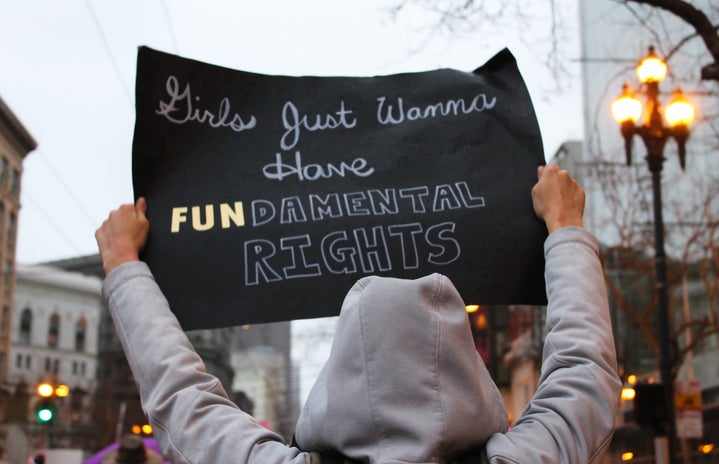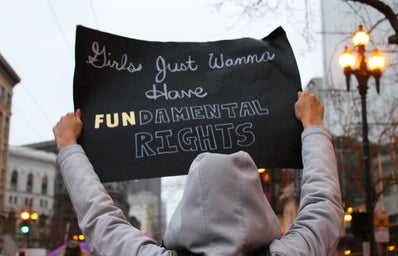The Supreme Court has announced a third recent win for basic human rights, as it just struck down a Louisiana abortion law citing an “undue burden” on the parties seeking an abortion.
The Louisiana Unsafe Abortion Protection Act initially required abortion providers in the state to have admitting privileges with a nearby hospital, which allow a patient to go straight to that hospital if they need urgent care. However, these privileges are usually difficult for abortion providers to obtain — hospitals typically don’t want to be associated with the stigma surrounding abortions, preferring to leave that with the providers themselves. Given that abortion is a statistically safe procedure, the number of patients required to seek urgent care is limited, thus limiting the necessity for privileges.
SCOTUS decided the case of June Medical Services v. Russo in a 5 to 4 vote.
Justice Stephen Breyer wrote the opinion, joined by Justices Ruth Bader Ginsburg, Sonia Sotomayor and Elena Kagan. Chief Justice John Roberts also filed an opinion concurring for the majority, following a similar opinion from a 2016 case in Texas, Whole Woman’s Health v. Hellerstedt. The precedent set in that case, where another admitting privileges law caused an “undue burden” on patients seeking abortions after it caused roughly half of the clinics in the state to shut down, assisted in the ruling for the June Medical Services v. Russo case. Breyer called the Louisiana law “almost word-for-word identical to Texas’ admitting-privileges law.”
“The legal doctrine of stare decisis requires us, absent special circumstances, to treat like cases alike,” Breyer wrote. “The Louisiana law imposes a burden on access to abortion just as severe as that imposed by the Texas law, for the same reasons. Therefore Louisiana’s law cannot stand under our precedents.”
This case is the first big abortion case for the Trump era, and what conservatives might consider the third loss in a row. Throughout his term, President Trump has appointed justices to the Supreme Court that he intended to hold up conservative values. Both of his appointed Justices, Neil Gorsuch and Brett Kavanaugh, dissented along with Justices Clarence Thomas and Samuel Alito.
In his dissent, as reported by ABC News, Gorsuch focused on potential protection for patient health within the law, positioning abortion as a potentially unsafe procedure (ignoring, it seems, the fact the most medical procedures come with potential complications). Kavanaugh wrote that he believed the Louisiana law could be different from Texas’s and that there should be more research at play.
Despite this dissent, this marks yet another important Supreme Court decision for social justice and equal rights under Trump’s administration, just two weeks after the Supreme Court banned LGBT employee discrimination and amid a nationwide battle for civil rights. Let’s keep them coming!


